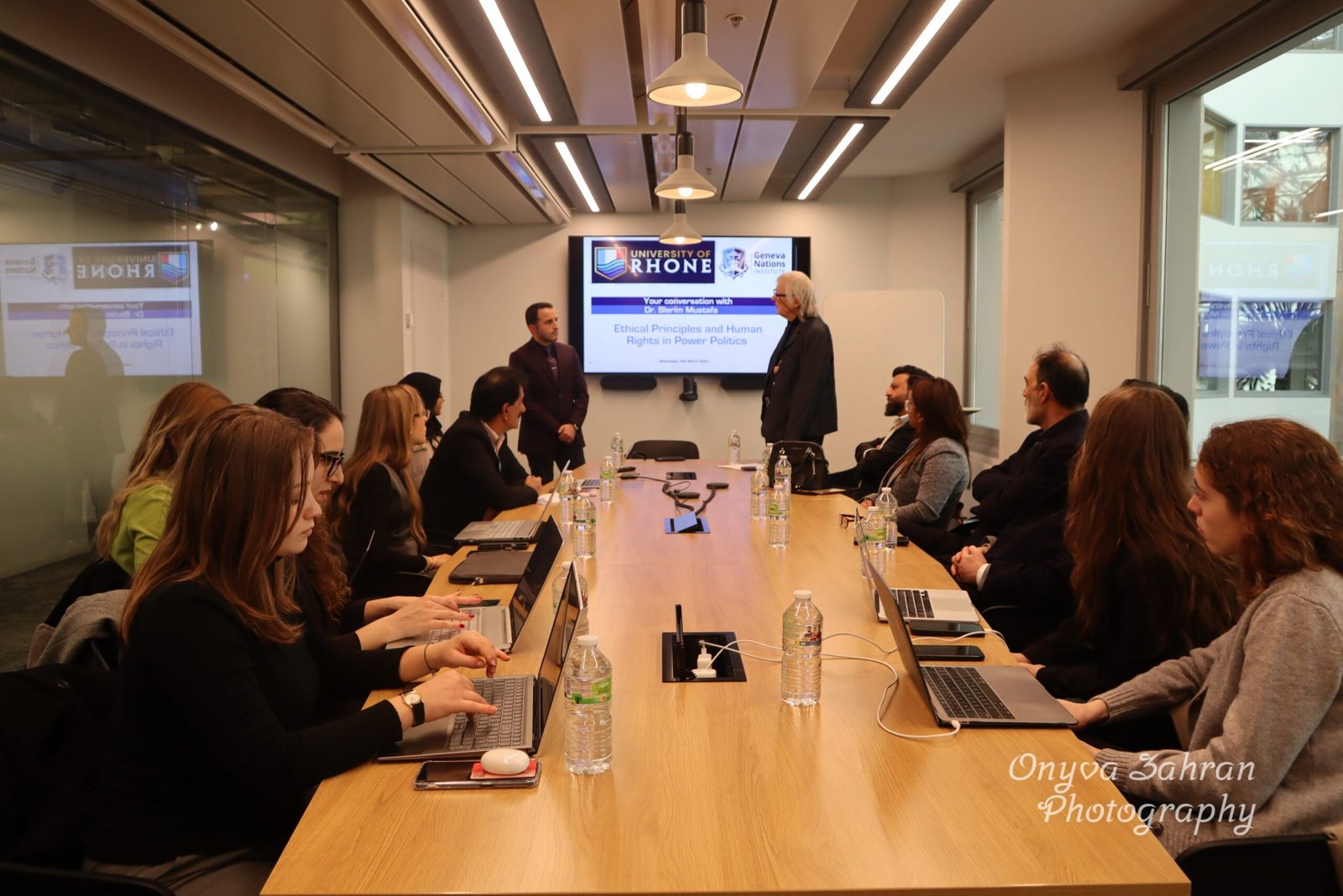DIPLOMACY IN
INTERNATIONAL RELATIONS



DIPLOMACY IN
INTERNATIONAL RELATIONS
Program Overview
Award : Executive Diploma in Diplomacy in International Relations
Diplomacy in International Relations is a six-month, half-in-person, half-online curated pathway that transforms new recruits into confident, mission ready diplomats. Through interactive virtual modules, immersive residential workshops, and a capstone simulation, participants build the knowledge, skills, and mindset required for modern foreign service
Total Credit Hours: 25 hours learning in class, studies, conferences, = 1 ECTS, full time 2 semesters 30 ECT
Program Duration: 6 months
Mode of learning: Delivery: 50% virtual, 50% in-person
Program Objectives
• Cultivate core diplomatic competencies: negotiation, policy analysis, and protocol
• Develop cultural intelligence and ethical decision-making in diverse environments
• Master consular services and citizen protection duties
• Harness digital tools for public diplomacy and international advocacy
• Strengthen crisis management skills through real world simulations
• Foster peer networks and mentorship connections for lifelong professional growth
Structure & Schedule
1. Virtual Foundations (Months 1–2)
- Weekly live webinars (4 hours) on international relations theory, global institutions, and foreign policy processes
- Self-study tasks including case analyses, readings, and e-learning modules
2. In-Person Immersion I (Week 9)
- Five-day residential workshop at the Diplomatic Academy
- Intensive training on protocol, cultural negotiation, and public speaking
- Peer group exercises and side-by-side mentoring
3. Applied Virtual Labs (Months 3–4)
- Scenario-based online simulations in consular assistance, trade negotiations, and treaty drafting
- Digital diplomacy practicum: social media engagement, e-campaign design
4. In-Person Immersion II (Week 18)
- Four-day crisis management simulation: natural disasters, political unrest, and evacuation planning
- Cross-cultural leadership labs and ethical dilemma roundtables
5. Capstone Deployment & Reflection (Month 6)
- on-campus “Global Mission Simulation” where teams lead a mock embassy operation
- Final reflective presentations, feedback sessions, and graduation ceremony
Key Deliverables
• Policy briefs on a current international issue
• Digital diplomacy campaign prototype
• Crisis response plan with stakeholder communications
• Capstone embassy operation report and group presentation
Target Audience
This program is tailored for professionals poised to launch or accelerate a career in foreign service and international affairs:
• Newly selected foreign-service officers and diplomatic cadets seeking a structured induction.
• Mid-career civil servants transitioning into diplomatic or policy-making roles
• Policy analysts and government advisers moving from domestic portfolios to international postings.
• Military and security attachés preparing for liaison duties at embassies and multilateral forums.
• Public-diplomacy officers, cultural attachés, and development practitioners broadening their negotiation and representation skills
• NGO leaders and international organization staff aiming to strengthen their diplomatic engagement toolkit.
• University graduates in international relations, political science, or law committed to a diplomatic career path.
Career Opportunities
Completing this six-month, blended induction equips you to accelerate your foreign-service trajectory and access a range of strategic roles, both at home and abroad. This specialized training in negotiation, crisis simulations, and digital engagement, participants are also well positioned for roles as trade counsellors, public diplomacy specialists, or multilateral negotiators. As they build experience and networks, alumni often advance to senior posts, and transition into policy advisory, international organization, or cross-sector leadership roles that demand deep diplomatic expertise.
